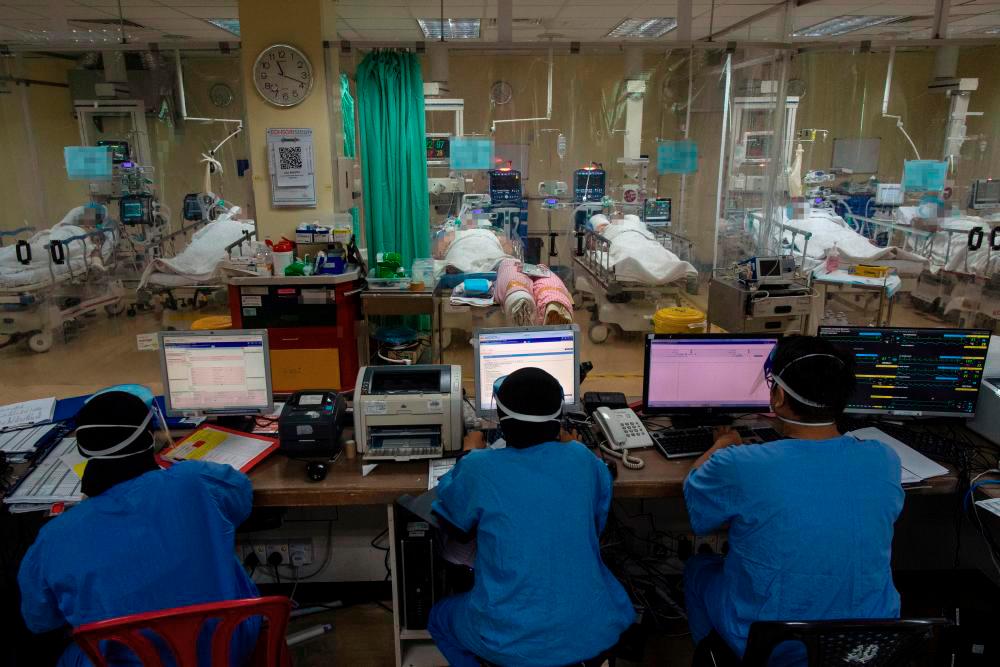I REFER to the alarming report by the former dean of University of Malaya Medical Faculty professor, Datuk Dr Adeeba Kamarulzaman, that the country’s “best and brightest” medical graduates are fleeing to Singapore annually to undergo housemanship there.
She lamented that “now we are also apparently going to help plug the National Health Service shortage in the United Kingdom” by also sending our medical officers there.
Her comments came in the heel of reports of patients being left for up to six days in Hospital Raja Permaisuri Bainun’s emergency department due to lack of critical care beds and staff.
The Malaysian diaspora stands at about two million people overseas. This exodus has been described quite aptly as a “forever problem”, so much so that our authorities have become immune to it and have accepted it as part of the Malaysian life.
We cannot blame the doctors for going abroad in search of greener pastures for we have failed them here. The crux of the problem centres on priorities.
We need to upgrade our digital ecosystem. South Korea is already using 6G application. According to experts, we are still lagging in digitalisation and nascent digital transformation. This is essential as the level of digital transformation and remote work potential in advanced countries may increase our brain drain through yet another avenue – remote working, which would augment other country’s coffers.
Production and manufacturing has been the mainstay of our economy rather than research and development, leading to high demand for semi-skilled labour and leaving a vacuum in highly skilled job opportunities.
For example, there are about 120 oncologists in the country, 2.5 times less than the recommended 300 for Malaysia’s 32.7 million population. Cancer cases are on the rise and patients are at their wits’ end trying to reach out for help.
To make matters worse, the government has cancelled the Northern Region Cancer Centre project that was initially approved in 2018 for implementation under the 11th Malaysia Plan. I have been told by many that the lack of opportunities for specialist studies, including scholarships and merit-based promotion prospects have forced potential medical professionals to ply their expertise in foreign countries where the remuneration is much more attractive.
They say that promotions depend on “who you know” and how “well connected you are”. While others have said that they are concerned about their children’s education, and seeing that international schools here do not come cheap, they may as well go abroad where the work conditions and children’s education facilities are decidedly more favourable. As an inevitable sequel to the brain drain, our ringgit will dither down the slippery slope to lesser values. This exodus will also stymie our national aggregate creative potential and prohibit foreign direct investments.
Our embassies abroad must draw up a detailed census of the students who are currently studying in tertiary institutions or working abroad and entice them to come home by offering them attractive remuneration packages and career advancement, including research and development opportunities.
It is hoped that our new government will give its urgent and utmost attention to remedy this “forever” problem with affirmative action.
Dr A. Soorian
Seremban









